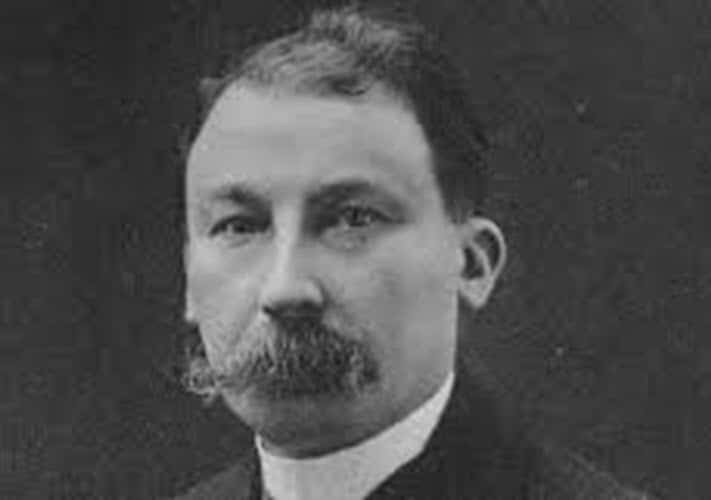Victor Grignard (6 May 1871 – 13 December 1935) was a French chemist who is best known for his discovery of the Grignard reagent, a groundbreaking synthetic tool that enabled the synthesis of countless organic compounds.
Life and Career
He was born on 6 May 1871, in Cherbourg, France. He received his education at the Ecole Normale Superieure in Paris, where he studied under the renowned chemist Henri Moissan.
In 1900, he began working at the University of Lyon as a lecturer in chemistry. It was there that he made his groundbreaking discovery of the Grignard reagent in 1900, which involved the reaction of an organic halide with magnesium metal in an ether solvent. This discovery revolutionized the field of organic chemistry, making possible the synthesis of countless new compounds.
In 1912, Grignard moved to the University of Nancy, where he became a professor of organic chemistry. He continued his research on the Grignard reagent and made many other important contributions to the field of organic chemistry.
He died on 13 December 1935, in Lyon, France.
Award and Legacy
He was awarded the Nobel Prize in Chemistry in 1912 for his discovery of the Grignard reagent. He shared the award with the German chemist Paul Sabatier, who had independently discovered a related reaction that used metal catalysts instead of magnesium.
His legacy continued to influence the field of organic chemistry. The Grignard reagent is still widely used today in the synthesis of organic compounds, and Grignard’s work laid the foundation for the development of many other important synthetic tools and techniques. Grignard’s name has become synonymous with excellence in organic chemistry, and he is remembered as one of the great chemists of the 20th century.

